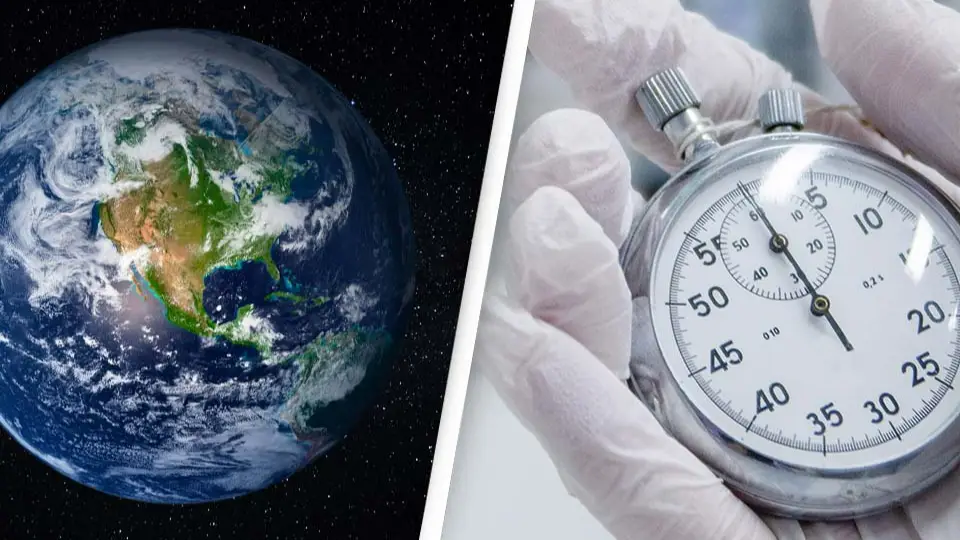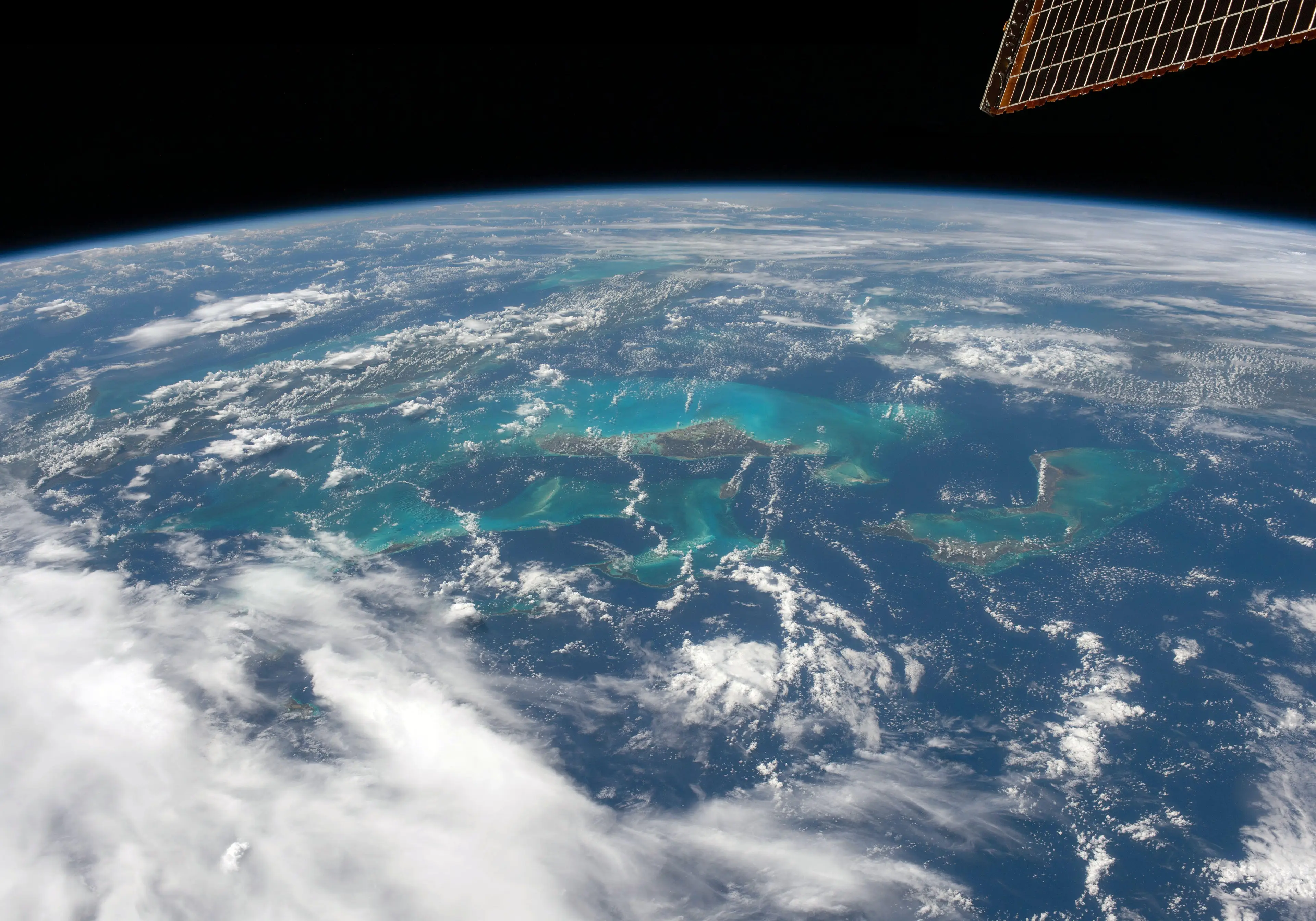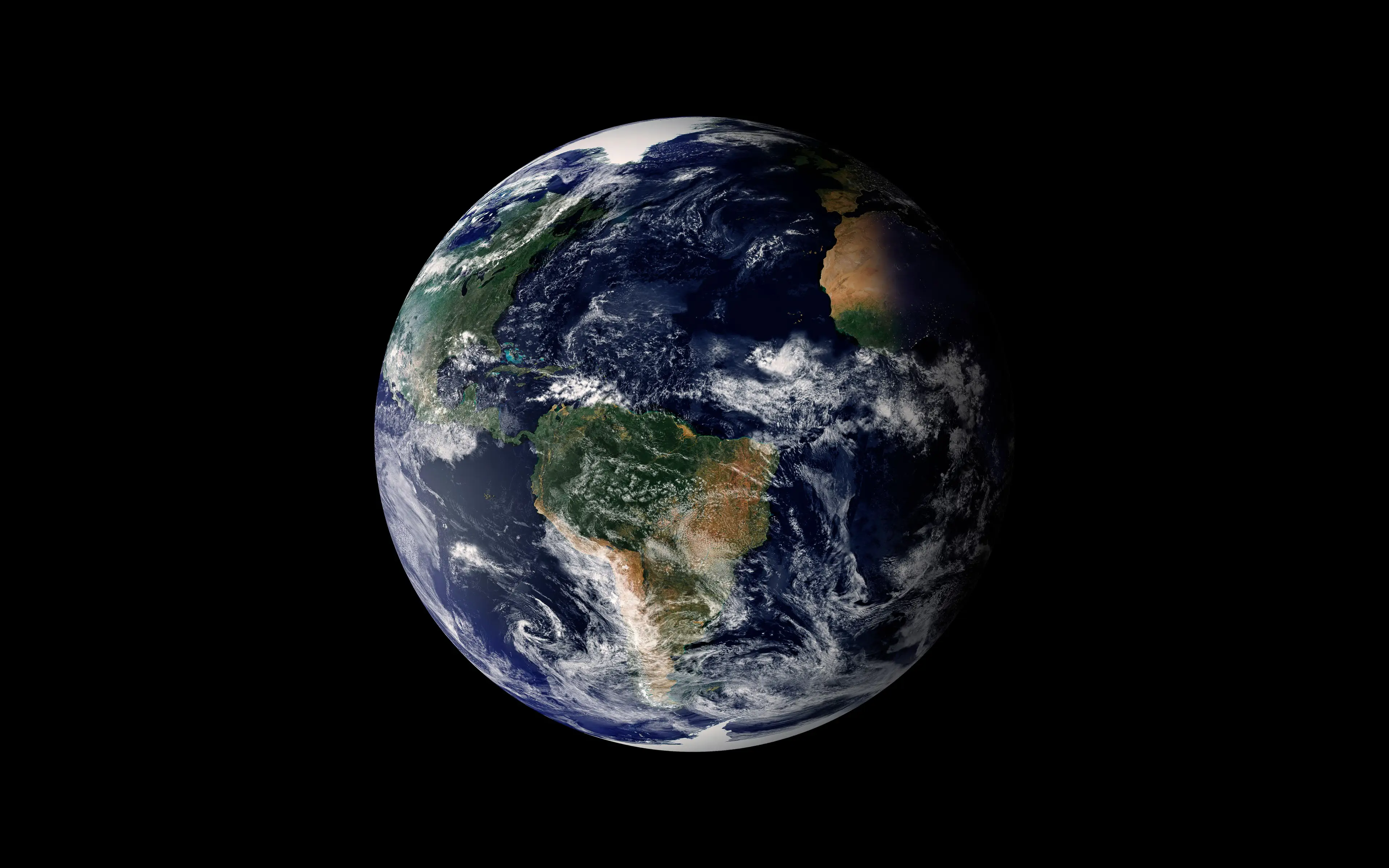
Topics: Science, Space, Technology
Time as we know it could start changing and we may begin to see shorter days.
That’s because the world is spinning faster than ever, scientists have revealed.
But while it might sound frightening, experts say it’s nothing to be concerned about and the impact will be fractions of a second over a year.
Earth rotates on its axes roughly every 24 hours – or 86,400 seconds. While it’s a timeframe we’ve come to expect, the reality is that due to the world’s imperfect shape and complicated interior, not every day is the same length.
Advert

In fact, a few hundred million years ago, an Earth day was only 22 hours long, and when you look back to billions of years ago it was closer to 19 hours. In millions of years to come, it’s expected that a day will be much longer than it is now, despite the planet appearing to be travelling much quicker at the moment.
Scientists don’t yet know why Earth’s rotations are speeding up but some say it could be down to a phenomenon called the 'Chandler wobble'.
Scientist Leonid Zotov told timeanddate.com that the Chandler wobble is the name given to a small, irregular movement of Earth’s geographical poles across the surface of the globe. He said it strangely disappeared between 2017 and 2020, which is why the days were slightly faster.
Another reason could be down to climate change.

The shape of the Earth changes when glaciers melt, causing it to become flatter at the poles and more swollen at the equator.
But for Judah Levine, a professor at the University of Colorado-Boulder and time expert at the National Institute of Standard and Technology (NIST), he thinks the change in time could be down to Earth’s atmosphere.
Speaking to Inverse he said: “One of the possibilities is the exchange of momentum between the Earth and the atmosphere.
“The sum of those two is a constant, which means, for example, if the atmosphere slows down, then the Earth speeds up. Or conversely, if the atmosphere speeds up, then the Earth slows down.”
But what does this mean for our timekeeping?
We’re very used to adding an extra day to our calendars every leap year to keep us in sync with the Earth’s revolution around the Sun.
But with the planet speeding up, we may need to take time off, or add a ‘negative leap second’.
“If you had asked me about the negative leap second five years ago, I would have said, ‘Never’,” added Levine.
“But over the last year or two, the Earth is definitely speeding up. And now, if that speed-up were to continue, then we could need a negative leap second in about seven years.”
If you have a story you want to tell, send it to UNILAD via [email protected]